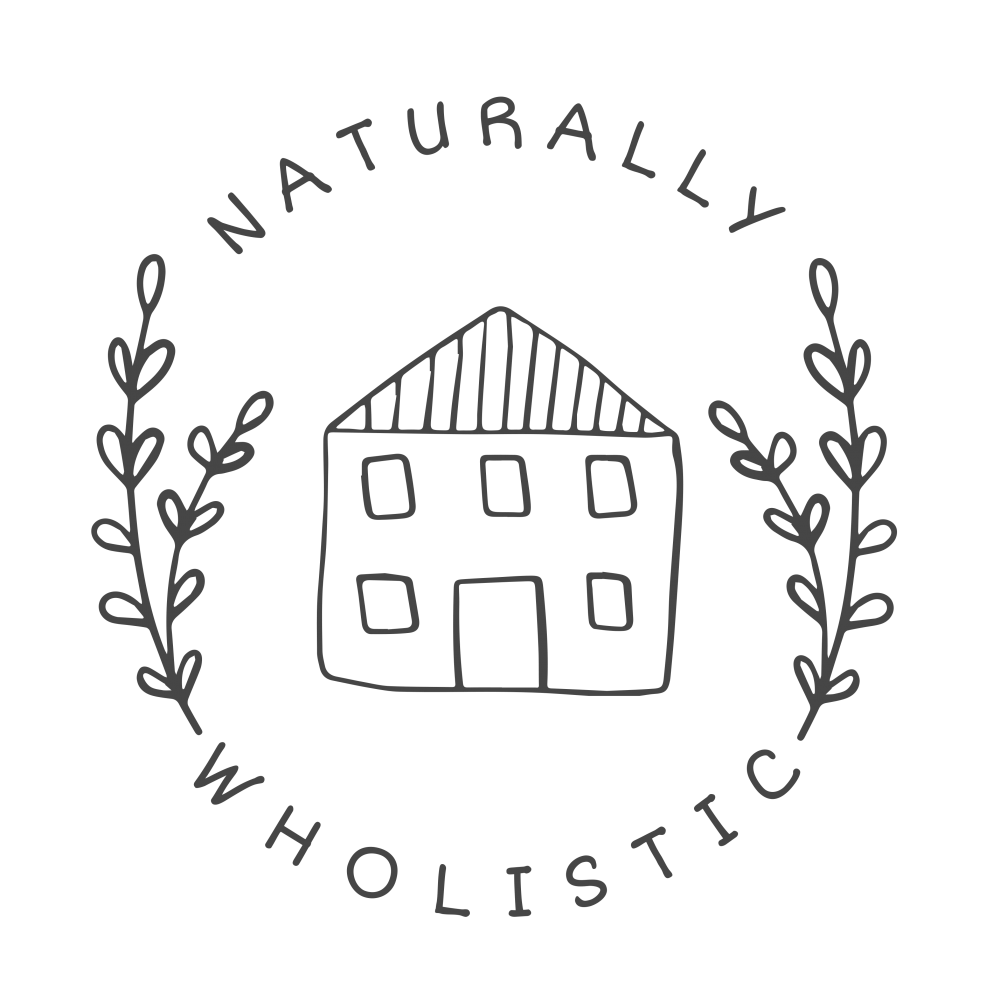When we started our homeschooling journey, I only had a small glimmer of what I was doing. I knew why we wanted to homeschool our children and had talked to a few families who were already homeschooling. I had a vision of what I hoped homeschooling would be, but I had very little knowledge about education philosophies or curriculum. Fortunately one of my favorite things is research. So I did that. And I became a Pinterest expert. I also talked to my sister-in-law for ideas because she was homeschooling her girls at the time. She suggested I start with reading The Well-Trained Mind by Susan Wise Bauer and Jessie Wise. I was a little overwhelmed with the book’s size, but it was chocked full of great information. It outlined what has become the basis of our homeschooling philosophy – a classical education model. I cannot recommend this book enough. It’s a solid homeschool read and is a great place to start.
Although we are not strictly a classical homeschooling family, we stick to it fairly closely. I also identify with several Charlotte Mason principles (particularly using living books and being in nature), but I think both philosophies overlap and work together well. Both emphasize reading and training from the classics – the great authors, composers, and artists of the world. A classical education also emphasizes more direct instruction and memorization from all major subjects.
A classical education is the pursuit of truth, goodness, and beauty.
The classical model is divided into three main stages, known as The Trivium. The grammar, dialectic, and rhetoric stages take advantage of the natural learning progression, and build upon one another.
.jpg)
The Grammar Stage correlates roughly to the elementary grades, with a focus on memorizing facts, vocabulary, and rules (often referred to as grammar). Children at this younger age can memorize a tremendous amount of information, with the ability to recall easily. This is the stage we are currently in, so we memorize lots of grammar. It could sound boring in modern philosophies, but we memorize often with the use of song, sometimes including hand motions. It’s utterly amazing how much you can remember when facts are turned into lyrics. I can still recite song lyrics from my childhood, and I know many others who can do the same. We also use memory games and quiz each other, it can be very fun! We formed and attend a local classically-minded community day, which we use for our memory work. We meet with our local community weekly, where we work on facts from all of the major subjects, including a world history timeline. A classical approach includes studying material repetitively, as well as re-introducing it multiple times through the grammar years. The goal is complete mastery with the information being second nature.
The Dialectic Stage corresponds roughly with the middle school grades, when children naturally begin to question facts. Although children continue to learn new grammar at this age, they are taught to question the how’s and why’s of the facts. Children try to understand what they have learned in the grammar stage, and are encouraged to challenge those facts in a respectful way. They are taught reason and logic, and how to analyze information to prove it correct or incorrect. Teaching children these skills gives them the tools necessary to question information and arrive at accurate conclusions. So instead of simply learning and memorizing the material, children are taught how to question information logically as well.
The Rhetoric Stage corresponds roughly with the high school years. During these years, communication skills are perfected, so ideas and learned information can be expressed and shared in the most compelling way possible. Communication is done through writing, public speaking, and conversation. Children really begin to think abstractly at this age and are able to learn more difficult material as well. They are taught to creatively solve problems using the information and reasoning skills learned in the grammar and dialectic stages. Children are encouraged to express themselves using all of the tools they have learned. The rhetoric stage is the final piece of a classical education, with the goal of preparing children to become leaders in any field.
.jpg)
The classical education philosophy is a longstanding, proven method that was used by Aristotle, Plato, Thomas Jefferson, and C.S. Lewis. With the use of great literature works, it sounded like the perfect model to base our homeschool philosophy. And it truly has worked out wonderfully. With a few added Charlotte Mason principles, we have a system that works for us. If you are interested in looking into a classical homeschool philosophy, please check out The Well-Trained Mind. Considered by many as the best classical homeschooling resource, it offers everything you would need to get started. I also have thoroughly enjoyed Leigh Bortins’ valuable information in The Core to learn more about the grammar stage. I have just ordered her follow-up book, The Question, which leads readers through the dialectic stage. Her third book, The Conversation, will be published in the summer to share about the rhetoric stage. She is the founder of Classical Conversations and is very knowledgeable about the classical education model.
If you have any questions about how we incorporate the classical philosophy into our homeschool, please contact me! I’m happy to share about the daily adventures of our homeschool life and am hoping to write another post about how we incorporate CC into our studies.
![]()
 TIME TO START YOUR HEALING JOURNEY
TIME TO START YOUR HEALING JOURNEY
Connected parenting, along with wholistic wellness and self-care practices, can help our children learn to trust, heal, and grow. And it empowers us, as parents, to have deep, meaningful relationships with our children, too. We can all find peace, happiness, and fulfillment as we work toward a healthy life full of vitality.
SIGN UP to receive empowering and encouraging email messages to help your family find healing through self care, wholistic wellness, and connected parenting.
Subscribers receive a FREE GUIDE to learn about ditching 10 of the most toxic household products to support a clean home environment.
![]()





